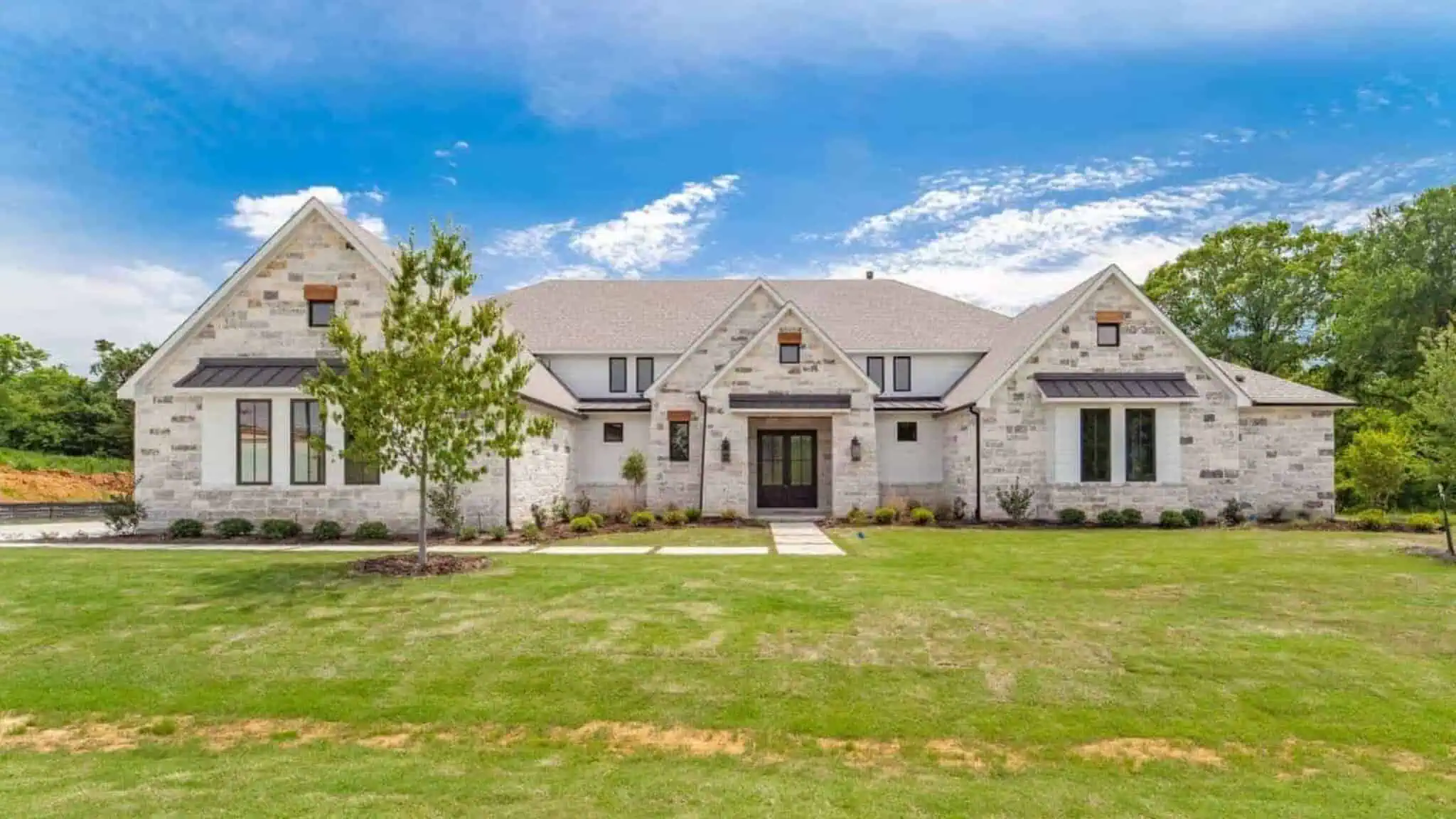A lot of folks don’t think about this when they start building, but let me tell you — the type of contract you sign is what makes or breaks the whole thing.
You can spend weeks researching the best builder in town. But in the end, if you sign a cost-plus contract, you’ve probably just strapped yourself into a financial rollercoaster.
Cost-Plus Might Sound Alright at First
The builder just gets a percentage of the total cost of the build, and everything’s “flexible.”
But “flexible” really means unpredictable.
If prices shoot up, that’s on you. If the build runs long, that’s on you. If they mess up and have to redo something, you guessed it: that’s on you.
At first, it’s just a few thousand here, another thousand there. But before you know it, you’re 20%, 25%, even 30% over budget. Now you’re calling the bank, begging for more money or digging into your retirement just to get the thing finished.
And the builder? They’re still getting paid either way.
Fixed-Price Contracts: The Safer Way to Build
On the other hand, a fixed-price contract is exactly what it sounds like: the price is set in stone before a single nail gets hammered.
Benefit #1: Fixed material costs. Lumber, steel, concrete — these prices change all the time. With a fixed-price contract, the builder factors in those changes upfront, locking in costs before you sign. If the prices go up more than they expected, they wear it, not you. In 2022, for example, steel shot up 40% in under a year. Homeowners with cost-plus contracts got slammed with extra bills, while those with fixed-price contracts paid exactly what they signed up for.
Benefit #2: Locked-in trades. A fixed-price builder doesn’t guesstimate. They might get 30 or even 40 bids from tradespeople to get accurate, competitive pricing before you sign. That means you can trust the numbers on your contract; they’re real. Say your plumber quotes $20,000 a year before the build begins but later raises their price to $24,500, the builder covers that 4.5k, not you.
Benefit #3: Tight scheduling. A fixed-price builder doesn’t just figure it out as they go. They make sure everyone’s schedule is 100% clear before they begin — coordinating material deliveries, trade work, site visits, everything. Why? Because if something runs late or people waste time, they don’t get to charge you extra to cover it. On the other hand, cost-plus builders get paid their fixed percentage no matter how long the project drags on and no matter how much extra the delays end up costing you.
Benefit #4: Detailed quotes. Fixed-price contracts break down costs in detail because the builder can’t afford to underprice it. Before work starts, you’ll get a full, line-by-line breakdown. No vague estimates. Nothing hiding in the fine print. If a fixed-price builder can’t show you exactly where every dollar’s going, walk away.
The Takeaway is Simple…
You go cost-plus? You’re rolling the dice.
You go fixed price? The builder eats the risk, not you.
That’s all there is to it.
But there’s more to building a home than just choosing the right contract.
That’s why we’ve put together this free guide for you to download:
7 Things You Must Know Before Designing a New Home
It’s packed with tips to help you avoid common pitfalls and set yourself up for a stress-free build.


